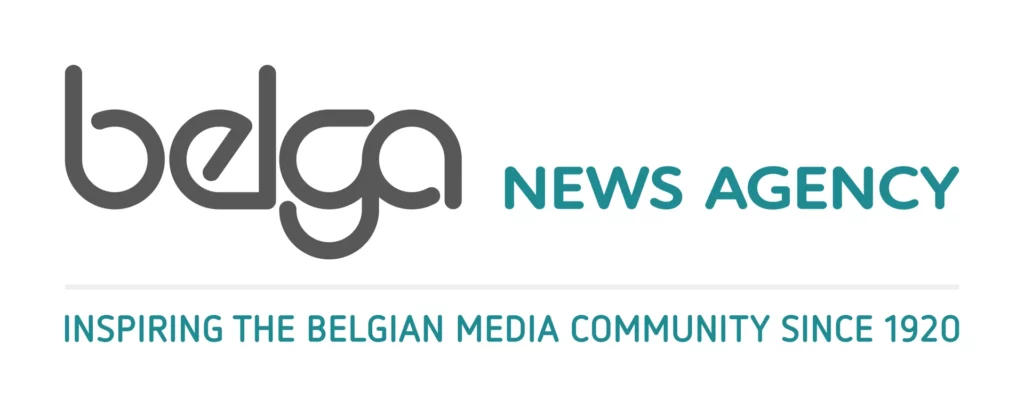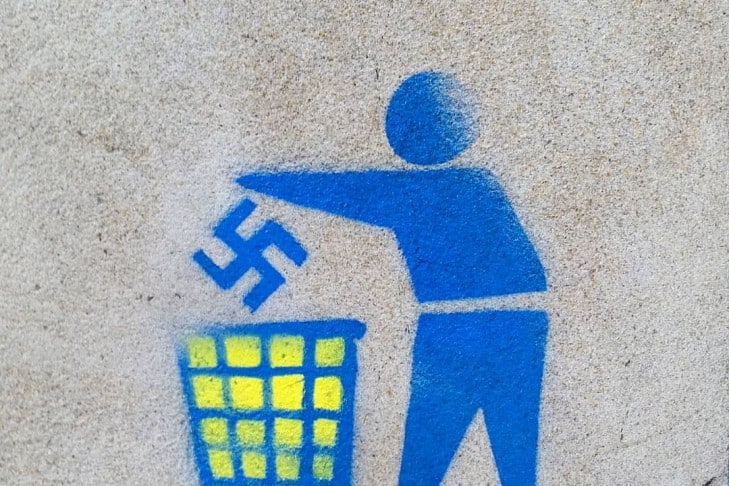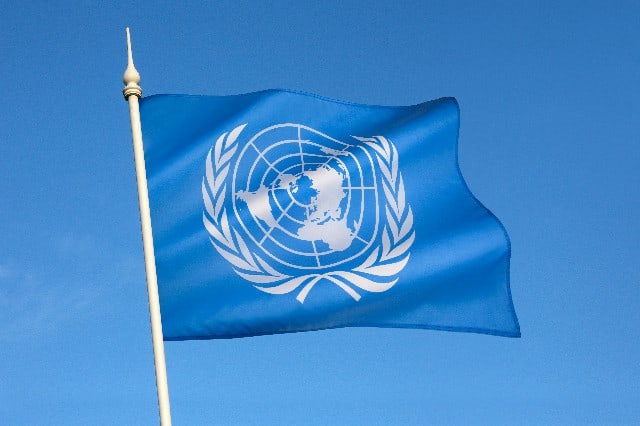Day two of our bootcamp started with two special guests: Berlin’s combatting anti-semitism representative Mr Sigmount Konigsborg, and ACOM’s Mr Angel Mas who took our participants on an intensive session into modern manifestations of anti-semitism, the challenges of social media and how to fight back on campus and in public discourse. Both are heroes of ours and it was great to have them share their experience and tips.
We had a brief tour of Madrid before getting straight back into it with Attorney at the Paris Bar and leading French Jewish and Israel advocate Pascal Markowicz who gave us his take and counter arguments to the ICC’s announcement to investigate Israel, then we dove straight into an EJA team seminar on two threats to Jewish life in Europe: Shechitah and Brit Milah. Day 2 concluded with a great dinner where special guests from the Israeli embassy and Spanish MP and friend of the EJA José Ignacio Echániz. Then, well, we let our hair down a bit…
Day 3 coincided with Yom Hazikaron, and it was fitting on a day that Israel mourns its dead in defence of the country that we spoke about the positive impact that Israel has played in embedding normalisation in the hearts and minds of the Emiratis. Two masterminds of the the social media strategy Strategic Mr Yonatan Gonen who heads up the Arab language social media section at the MFA and Mr Ido Daniel who directs public diplomacy and social media at the Ministry of Strategic Affairs shared their remarkable and inspiring works as well providing tips and insights on how to manage social media relations.
We then went straight into a panel of leading Spanish Journalists for an exchange of views on Israel and how the media covers the region, before concluding with former ACOM President and former President of the Madrid community Mr David Hatchwell, who shared his incredible and inspiring story of how he got engaged in advocacy and the challenges and opportunities in advocacy work going forward. Finally, as we drew our bootcamp to a close, we talked about our Jewish Diplomatic Corps, which is the next step for many of our bootcampers….intense, fun, enlightening and constructive. The EJA, our partners the
ECJS (European Center for Jewish Students) and Concert – Together for Israel are building the next generation of Jewish leaders. Leaders with the right skills and tenacity to lead from the front. We are proud of them.













